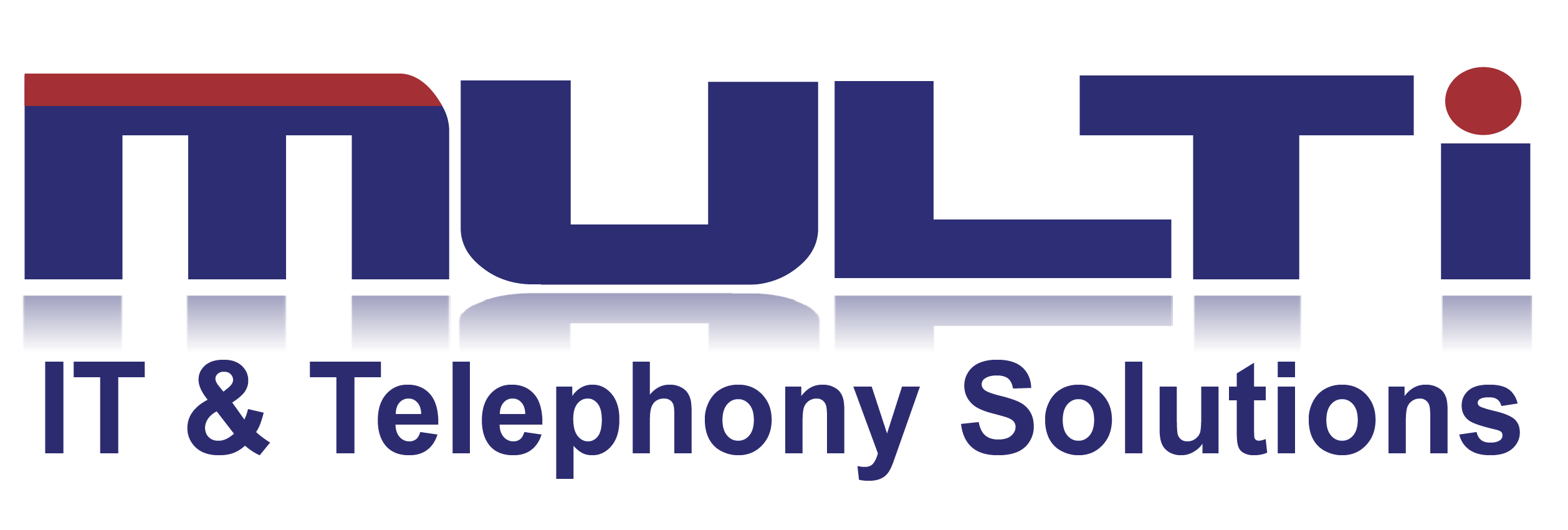Now that 2016 is well underway, you should review how well you protect your family and business computers, mobile devices and information in the new year. Being safe online is becoming more critical with more devices connecting online every day.
Criminals are likely to redouble their efforts to make money by gaining unauthorised access to online banking details or other personal information that can be used to steal identities. They will try to trick you or members of your family into clicking on links or opening attachments that could allow malicious software (malware) to perform unwanted activities such as locking your files until you pay a ransom.
Staying Smart Online will become more important than ever in 2016. We have pulled together a brief, non-definitive checklist to help reduce the risk of you, your family and your business being attacked online this year.
Securing Your Mobile Device
Mobile devices like smartphones and tablets are basically small portable computers. Just like your computer at home they can be hacked, infected with a virus and, if unsecured, provide access to your personal information.
To stay safe:
- Turn on the security features of your device
- Set a password or personal identification number to unlock the device, and put PINs on your SIM card and voicemail
- Install reputable security software
- Leave Bluetooth turned off or in undiscoverable (hidden) mode when you are not using it.
Protecting Your Computer
It is important to be safe when online and to secure your computers and servers properly, otherwise you may be putting your home finances or business at risk. If malicious software infects your computer equipment it can corrupt your files and can allow others to access your confidential business information.
To stay safe:
- Set and use strong passwords
- Protect your email with spam filters
- Do not open attachments to emails from unknown or unexpected sources
- Do not click on links in emails from unknown or unexpected sources
- Install antivirus and antispyware software
- Back up your data to minimise the risk of data loss
- Automate the process of updating your software
Protecting Your Identity
Many of the things we do online—banking, shopping, chatting with family and friends, or even making new friends—involve us giving out personal and financial information.
To stay safe:
- Be very wary of using public computers that may be infected with malware
- Be wary of any windows that may pop up during an internet banking session and be suspicious if they direct you to another website which requests your customer identification or password.
Socialising Safely Online
Online forums, messaging, and social media sites are great for socialising with friends and family, sharing photos and videos, and expressing yourself and being creative. To get the most out of social media you sometimes need to provide personal information. However, it’s important to be careful about what information you put online and who you allow to see it.
To stay safe:
- Read and understand social networking privacy settings, be aware of what you share and who you are sharing it with.
- Ensure you read and understand any terms and conditions before accepting and agreeing to them.
- Think before you post—people other than your friends and family may see what you post online.
- Think before you click—remember that it can be difficult or impossible to remove posted photos or information after the event.
- Be careful posting information that could compromise your or others’ security, such as dates of birth, addresses, information about your daily routines, holiday plans, or your children’s schools.
Buying and Selling Online
The internet has become a thriving channel for people to buy and sell goods and services. When you shop or sell online, be smart about the whole purchasing process. Use your common sense and trust your instincts.
To stay safe:
- Only deal with trusted and reliable businesses and sellers. Know who you are dealing with and check the contact details you have are correct.
- Read all the fine print including warranty, refund, complaints handling and privacy policies.
- Only pay via a secure web page—one that has a valid digital certificate.
- Use a secure payment method such as PayPal, BPay, or your credit card. Avoid money transfers and direct bank deposits.
Helping Young People Interact Safely Online
The internet offers an exciting world of experiences for kids and teens. However, it is important to be mindful of the pitfalls as well.
To keep your family safe:
- Work with your children or teenagers to ensure they are not exposed to inappropriate or harmful content.
- Educate your children to stop them unknowingly or deliberately sharing personal information without realising they may be subject to identity theft, or that they are leaving behind an online footprint that might not reflect well on them in the future.
Conducting Business Online
Business owners face additional challenges when maintaining online safety and security including expensive equipment, staff and sensitive corporate information.
To stay safe:
- Provide online security training that incorporates basic training for staff, and updates and reminders on policies, standards and best practices.
- Put one person in charge of ensuring all staff understand their responsibilities for online security.
How Multi IT & Telephony Solutions can help
Multi IT can help you create the right system to enhance your business, ensuring you know how it is right for you and how to use it. We will tailor a solution to suit your needs with leading systems, local support and more, building your vision for a more flexible and capable business.
Call Multi IT today on 011 435 0450 or email [email protected] to discuss your requirements. Alternatively contact us or view our website for more details.

